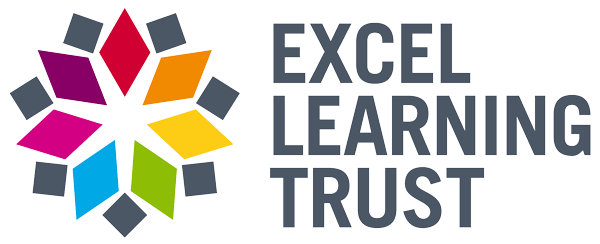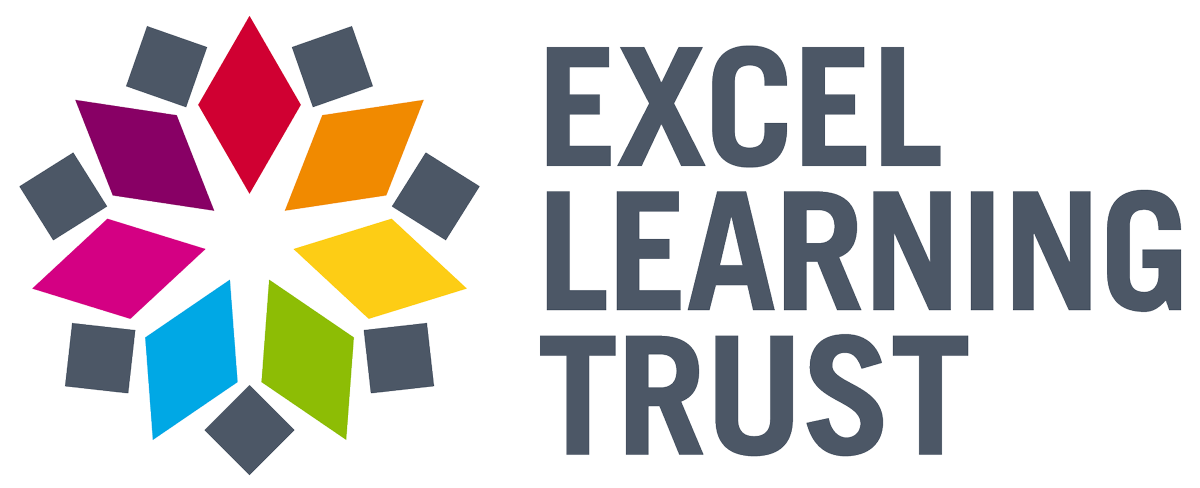- Home
- About us
- Welcome from the CEO
- Our vision and values
- Our Trust offer
- Strategic Objectives 2024-27
- Safeguarding
- Special Educational Needs
- Trust policies and financial information
- Trust Board information
- Admissions
- Our curriculum
- Staff CPD programme
- School improvement model
- CPD, training and audit services
- Statutory Information
- Pupil Premium Pledge
- Support for families
- Trust communications
- Trust Headteachers’ Open Letter – 15 September 2023
- Statement – 13 September 2023
- Reinforced Autoclaved Aerated Concrete (RAAC) – 31 August 2023
- Statement – 20 April 2023
- Press statement – 24 March 2023
- Response to parents/carers – 21 March 2023
- Response to parents/carers – 10 March 2023
- National strike action: February/March 2023
- End of consultation process – update 15 December 2022
- News
- Our people
- Our schools
- Careers
- Contact us

